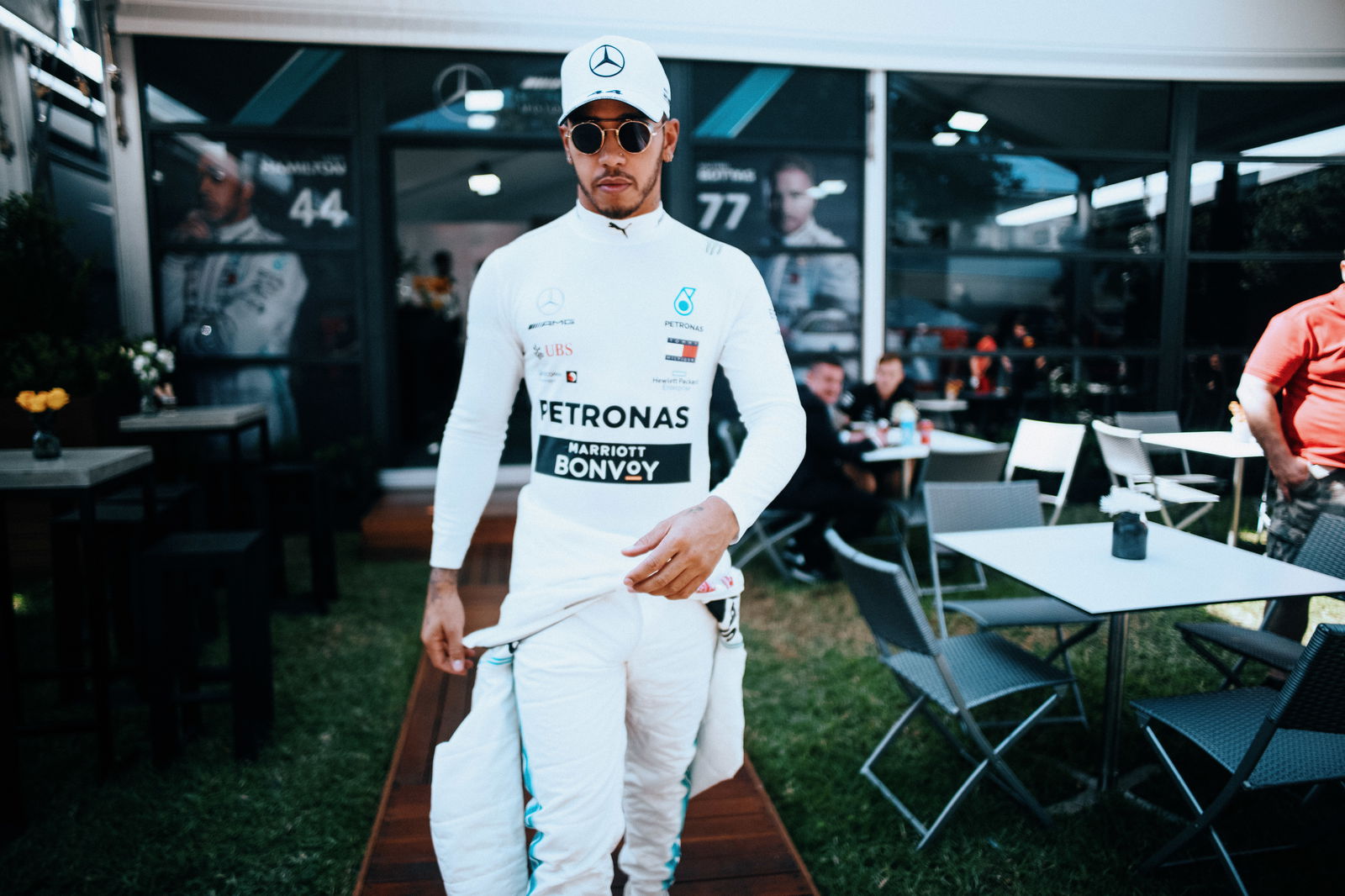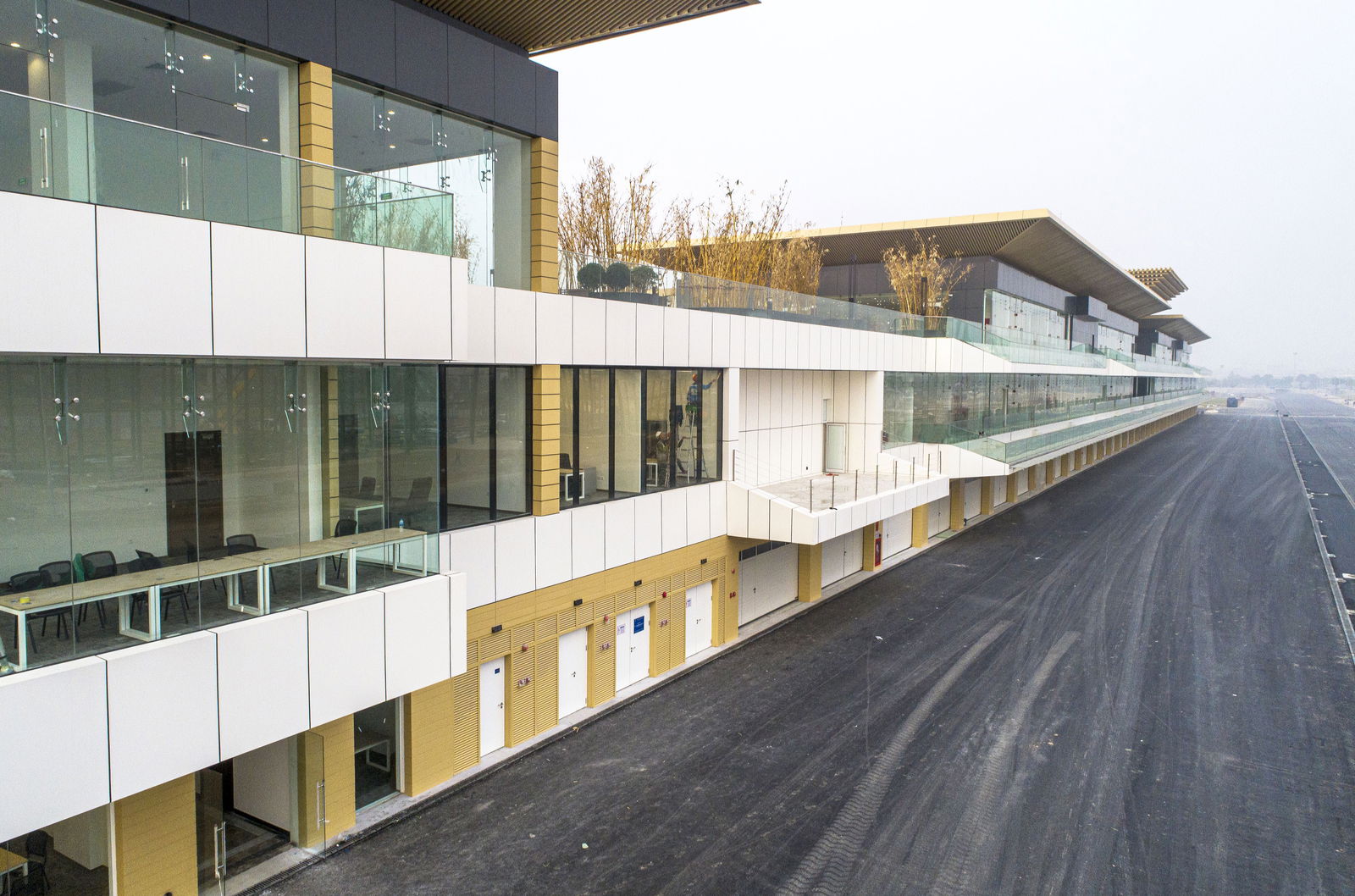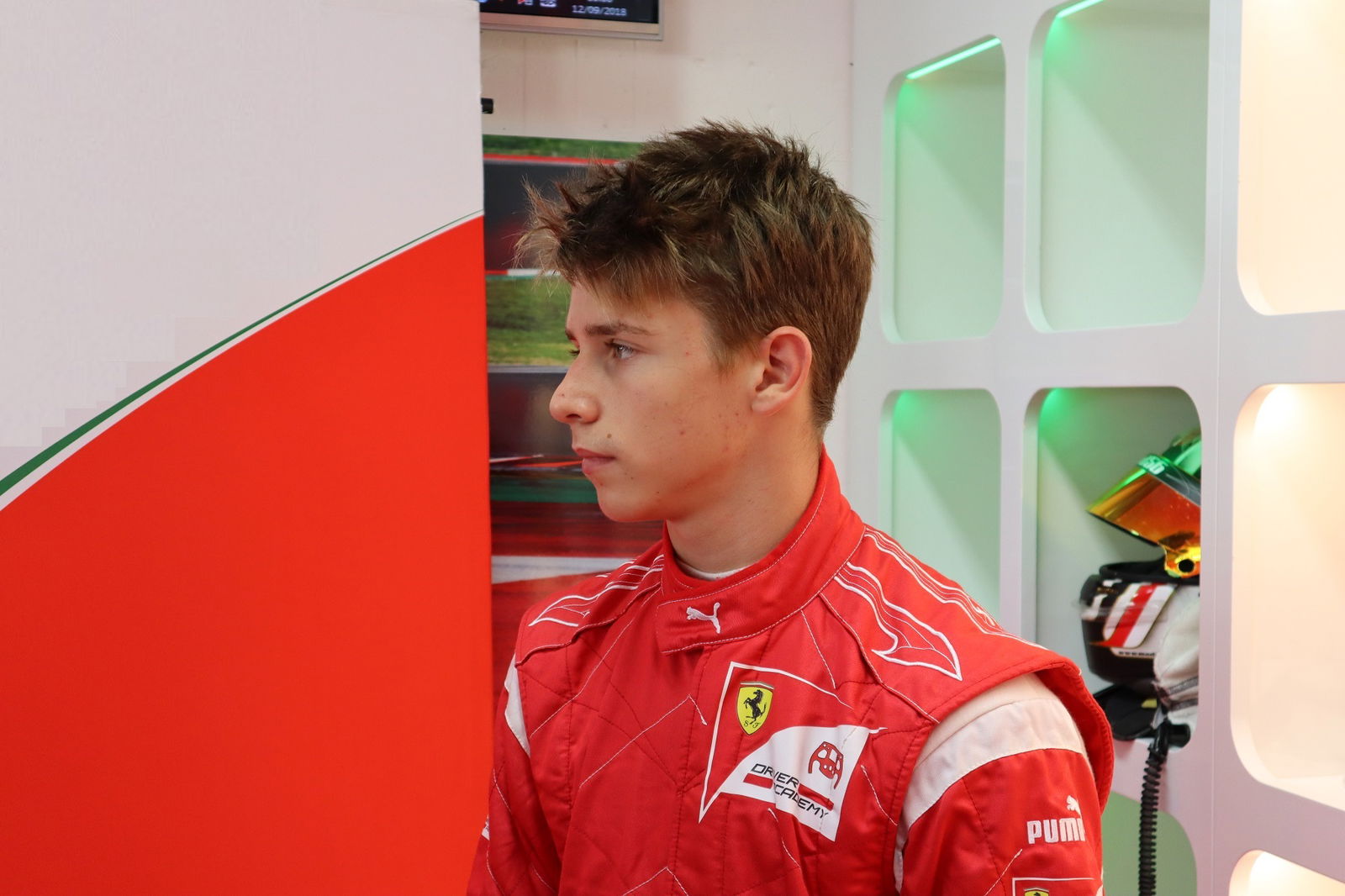Why Lewis Hamilton can’t do right for doing wrong
Lewis Hamilton continues to find himself at the centre of debate and controversy, even when he does something that would normally be considered a good deed.
Last week, Hamilton announced that he would be donating US $500,000 (£380,000) to help support local fire service and animal welfare charities affected by the ongoing bushfire crisis in Australia.
While it must be noted there was significant support for Hamilton’s actions, there was also a huge amount of negativity directed towards the recently-crowned six-time world champion which could not be ignored.

Lewis Hamilton continues to find himself at the centre of debate and controversy, even when he does something that would normally be considered a good deed.
Last week, Hamilton announced that he would be donating US $500,000 (£380,000) to help support local fire service and animal welfare charities affected by the ongoing bushfire crisis in Australia.
While it must be noted there was significant support for Hamilton’s actions, there was also a huge amount of negativity directed towards the recently-crowned six-time world champion which could not be ignored.
One response to Hamilton’s post on Twitter read: “Only 500k? Michael Schumacher would have pledged millions”, while others questioned the figure Hamilton had pledged, describing it as “loose change” to one of the world’s highest-paid athletes - 13th according to Forbes’s 2019 rich list.
Some took issue with Hamilton's decision to publicise his donation, arguing he was “attention seeking” and “donating for the wrong reasons” as a publicity stunt.
Just like that, a positive action had been twisted into something bad.
On Wednesday, ahead of this year’s Australian Open, a number of tennis greats came together to play a charity match in a bid to raise money for the bushfire appeal.
Roger Federer (5th on the same Forbes rich list as Hamilton) and Rafael Nadal (37th) - who between them have won 39 Grand Slams - revealed they would jointly be donating A$250,000 (£132,285).
While this combined figure is over £200,000 less than what Hamilton had donated, a quick look through some of the replies to Federer and Nadal’s act of kindness showed there was no question of whether it had been a sufficient amount or not.
The point here is not to say that Hamilton’s donation was in any way superior due to the amount of money pledged being higher - any charitable act should be praised and appreciated in equal measure - but more to emphasise the stark contrast in the manner of reaction received.
The tennis duo were lauded as being “awesome and inspiring”, “legends” and “fabulous citizens of the planet”. There was no sign of the sort of backlash Hamilton faced.
In a day and age where holding an active and engaging presence is of paramount importance within the realm of social media, Hamilton, a relentless victor in his sport, faced a scenario he apparently could not win.
When Hamilton initially raised his concerns about the situation in Australia, there were calls for him to donate. Having subsequently made his donation public knowledge shortly afterwards, Hamilton was immediately called out for bragging.
One Twitter user commented: “Charity should be something you just do as you want to, no need to tell everyone you’ve donated.”
But why does Hamilton so often find himself being chastised over his actions?
Part of the explanation could be traced down to the toxic nature social media - for all its good aspects - can exude. Maybe it is down to jealousy, or a more sinister, deep-rooted racial issue, a matter explored with Raheem Sterling in the British press last year. Perhaps some people are simply just fed up with his prolonged spell of superiority as the current benchmark to beat in F1.
There are many who seem to have a problem with the way Hamilton got his F1 break, having been signed by McLaren at the age of 13 and supported on his rise up the junior ranks, before immediately landing himself race-winning machinery in his debut season in 2007.
But Hamilton, who grew up on a council estate in Stevenage and is F1’s first black driver, did not have it as easy as some would have you believe. He and his family worked hard for the great success he now revels in.
Hamilton has always been different and something of a trailblazer. He has interests in fashion and music and holds strong views on a number of issues including diet, the environment, and the welfare and treatment of animals.
Rather than his uniqueness being embraced or even celebrated, it is often used as a tool for vilifying him.
Hamilton’s eccentric and lavish lifestyle divides opinion but he has ultimately broken the mould of the traditional racing driver, while he continues to cement himself as one of the great British sporting icons. For one reason or another, however, he has not quite connected with all of the UK public.
Many claim he is arrogant or point towards the fact he takes up residence in the tax haven of Monaco - just as many other drivers have done in the past including fellow Briton Jenson Button, who received far less flak for doing the same.
While Hamilton’s persona could have been perceived as cocky as he burst into F1 as an almost untouchable 22-year-old while he adapted to being thrust under the high-scrutiny spotlight (much like the transition Max Verstappen is currently going through), he has noticeably changed since making the move to Mercedes in 2013.
Entering his 30s has seemingly coincided with a more mature approach, with Hamilton showing a sense of sincerity and humility in the way he carries himself, whether it be when facing the media or following a defeat to a rival. Where 2007-spec Hamilton would have perhaps thrown his toys out of the pram or resorted to opening the book of racing driver excuses, he now genuinely relishes the challenge.
Hamilton radiates an air of self-confidence that reflects the comfortability he has found within himself, largely helped by Mercedes backing his passions outside of F1 and enabling him to express himself.
There is no doubt this new freedom (which he was not granted at McLaren) has only aided his exceptional on-track performances that have seen him move on the verge of matching Michael Schumacher’s all-time F1 record.
His growth away from the circuit has been reflected in his appeals to raise awareness about topical global issues such as his attempts to lower his own carbon footprint and switching to a plant-based diet, which are commonly met with some form of bashing.
Hamilton even recently faced backlash for ‘promoting guns’ and being a ‘bad role model’ when he shared a video of himself training at a professional shooting range for a potential upcoming action movie role.
This is not a bang-the-drum attempt to say that Hamilton is perfect. He has acknowledged mistakes made in the past regarding his use of social media or the odd regrettable slip-of-the-tongue comment. We are all guilty of a faux pas every now and then.
Ultimately, Hamilton’s recent actions - including pushing for greater diversity in F1 - are centred around trying to create positive change and using his platform for good.
Is it therefore not time to cut Hamilton some slack?



